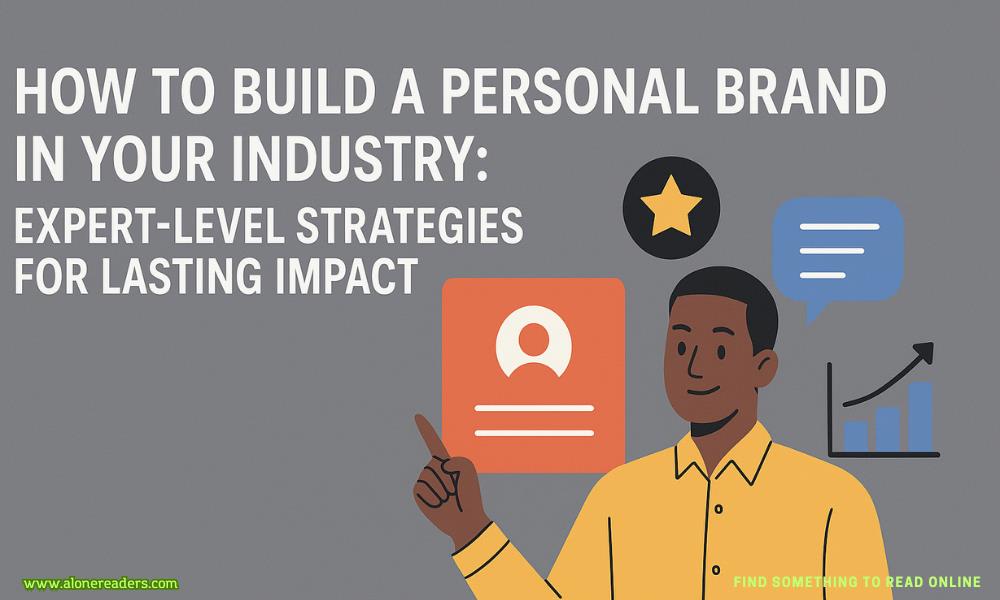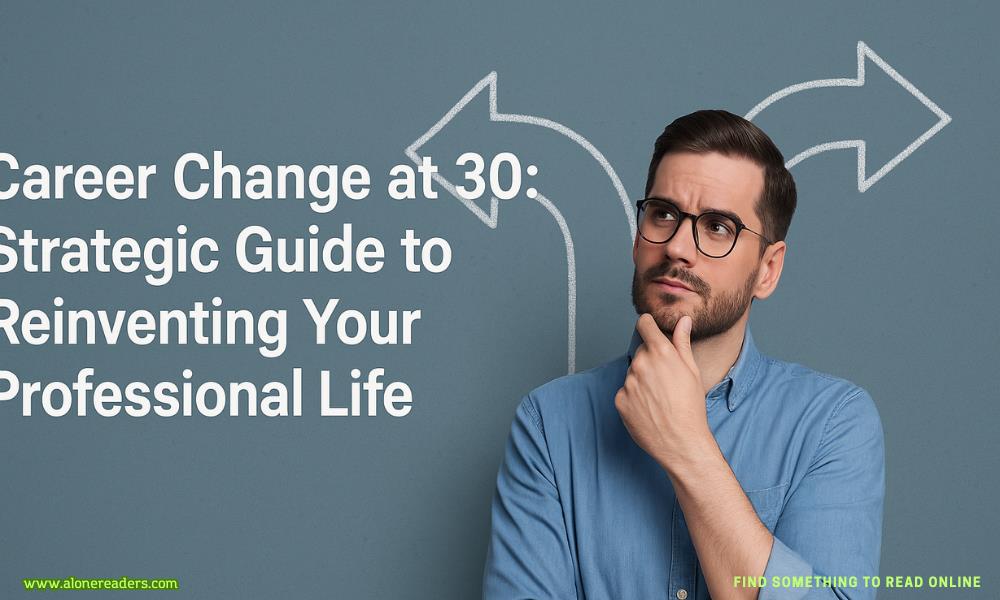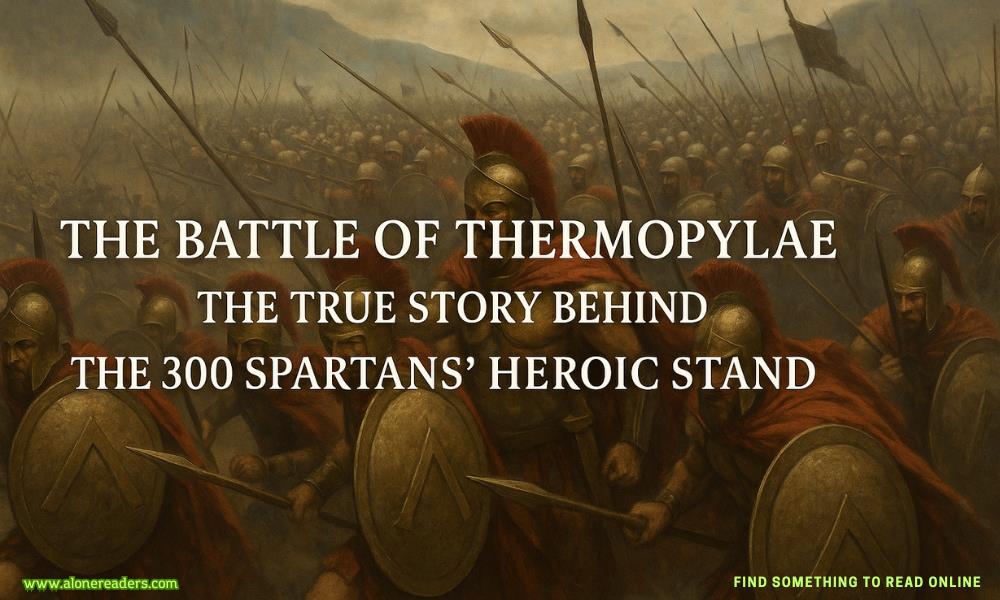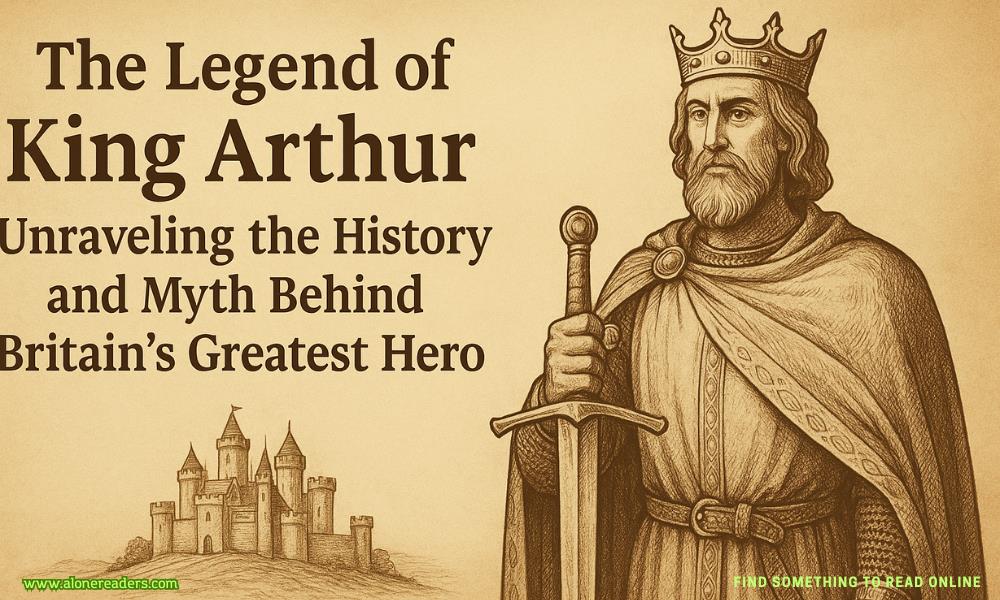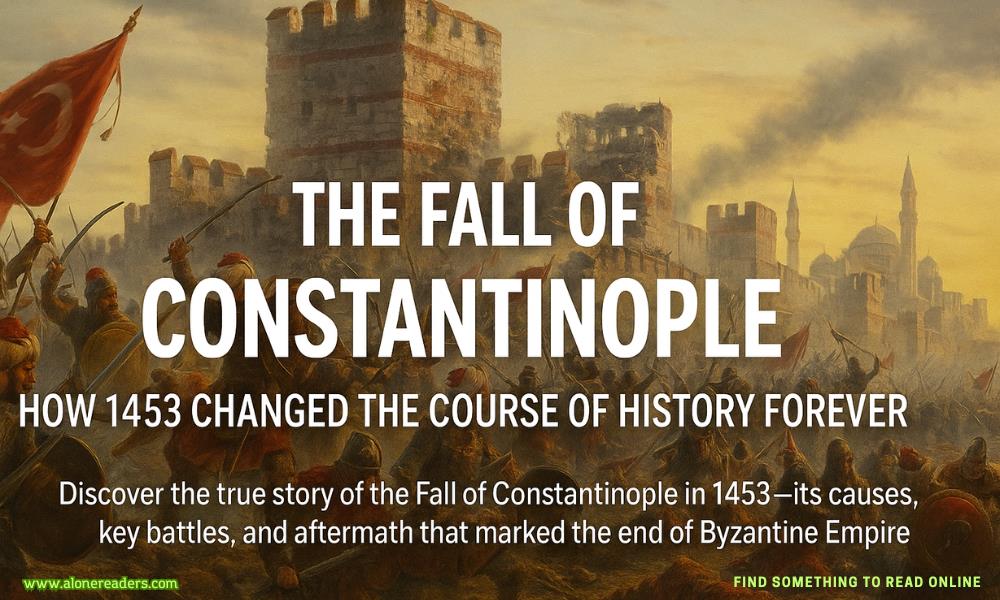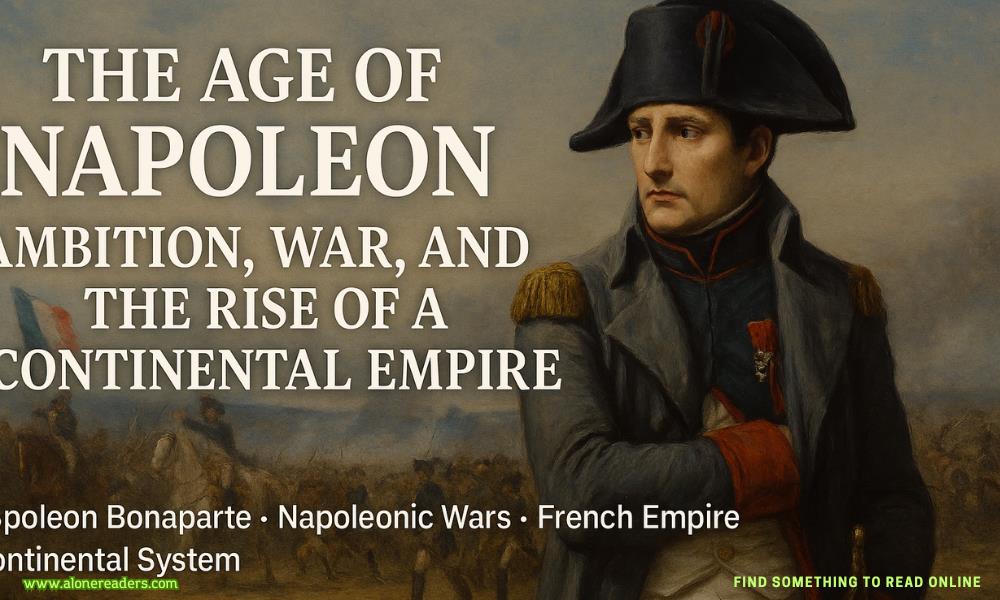Page 127 of My Boss
“Me too.”
He raises his eyes and looks at me.
“Why?”
“Probably for the same reason as you. What do you have there?” I point to a piece of paper with my chin.
“I wrote down a list of things I want to tell you.”
“I thought you had a great memory.”
“I do. But high-intensity stress negatively affects the formation of memory tracks. I preferred to take precautions.”
“Right. What’s first on your list?”
Jan glances at the sheet, takes a deep breath, then looks at me.
“I spent the last two days watching the most popular romantic comedies of all time,” he confesses, and my eyes open really wide. “I assumed that since you like this film genre so much, perhaps it included the key to improving our relationship.”
“Yes? And you found this ‘key’?” I ask, shocked and charmed at the same time.
“Absolutely. Ninety-seven percent of the films featured a narrative arc in which the relationship between the main characters, a man and a woman, deteriorated drastically. My analysis revealed that in eighty-two percent of cases the cause of the misunderstanding was the low level of competence of one or both partners in the area of verbal communication. Their most common mistakes included not telling the truth or deliberatelyconcealing it, incorrectly specifying their own thoughts, and not knowing how to choose their vocabulary. In view of the above, I have concluded that the resolution I initially made to deliberately conceal a significant truth about me from you contributed to an argument between us, which resulted in your leaving my home.”
“But you do know that movies are fiction deviating from reality? You can’t compare the two on the same level.”
“I know, but it was the best and fastest way to deal with the problem that was bothering me. I didn’t understand what made you so angry that you decided to leave. You said you were going dancing. When I left the office two hours later, and you were gone, I understood that it was ironic.”
“God, Jan,” I get up from the couch. I want to hug him, apologize to him.
“Sit down, please.” He lifts his hand. “I am not finished.”
“Sure.” I back away.
“I decided to be absolutely honest in this conversation. I don’t know if this will have a positive effect on our relationship, but no other solution came to mind. I considered giving you red roses at the same time. This is quite a common motif appearing in movies. It is generally believed that red roses are a symbol of desire and deep affection between a man and a woman. However, I figured that since you refused to accept a watch from me, the situation might also be repeated with a bouquet of flowers. Although, if I was wrong in my interpretation and you are ready to accept them, they are waiting in the car.” He glances at the paper somewhat confusedly, and my heart literally leaps out of my chest. “As you’ve probably noticed, I’m not adept at using irony, humor or figurative language.” He looks at me again. “It’s not easy for me to read emotions from facial expressions or from the intonation of spoken sentences. I have had this difficulty for as long as I can remember, although Iwould like to note that I have learned to recognize and apply many interpersonal behaviors over the years. It took a lot of time and focus, and I reluctantly admit that I was doing terribly with it when I was younger. At school, I was an object of ridicule among my peers. They mocked me and thought I was mentally handicapped. They called me a freak, a recluse, a stiff, a mute, a freak and a retard, despite the fact that I had the highest average in school in science subjects. I didn’t go to school dances or parties because they were too loud. I didn’t eat in the cafeteria because nothing tasted good to me. I didn’t go on class trips because I wasn’t able to sleep in a strange bed. I didn’t have friends or a girlfriend because I didn’t know how to talk to them. This was the 1980s and 1990s. Back then, no one diagnosed kids like me. I tried to fit in, imitate and duplicate the behavior of others, used substitute activities, and had a lot of support from my mother. My father did not care about me. I always liked to learn, but I hated my school. It was loud, crowded, smelled strange and I felt I didn’t fit in. My parents were wealthy, so after I finished elementary school, I started at a private high school, where it was much quieter and the teachers paid more attention to my needs. I suspect that the math professor had a similar affliction to mine. He was very supportive of me, not only in terms of acquiring knowledge, but also emotionally. I think it was mainly thanks to him that I got into college and graduated with honors. It was at his urging that I started my first notebook. I wrote down people’s behavior, how they referred to me, when they laughed at me or yelled at me. I spent a lot of time with my mother interpreting these notes to understand people better and learn the appropriate reactions to a given situation. Thanks to this, I also understood that it is not always desirable to express one’s opinion directly because one can become an object of derision or offend someone’s feelings.” Jan glances down at the page again, and I’m on the verge of bursting into tears. However,I keep listening. I don’t want to interrupt him because I can see that he has planned exactly what to say next. “For twenty-eight years I lived in a state of constant tension. I knew I was different, but I had no idea why. It was only when I met my ex-wife that everything became clear. Kamila is a psychologist by training and works as a headhunter and career counselor. We met while she was recruiting for one of the companies where I applied for a job. After our first conversation, she asked me directly if I had ever been diagnosed with Asperger’s syndrome. When I said no, she suggested meeting with a psychiatrist and a neurologist. I was intrigued by the topic, so I agreed. Both specialists unequivocally confirmed Kamila’s assumptions. The day I learned of the diagnosis was one of the happiest of my life. I was relieved to know that my social maladjustment, reactivity to noise, too much light, love of rules, order and learning has a name. That there are millions of people like me in the world, and that I’m doing really well compared to many people on the mild autism spectrum.” He glances down at the page again, takes a breath, and adjusts his tie. “When I analyzed my relationship with my ex-wife after the divorce, I concluded that there were four reasons that contributed to our separation. The first was the fact that I became her partner purely out of gratitude and not because I felt anything for her. The second was my failure to show her affection, the third was my infertility, and the fourth was Kamila’s desire to turn me into a neurotypical man. We were together for four years, five months and twelve days. From the beginning, my ex-wife did everything to change me. She tried to convince me of new challenges, changes, although she knew very well that this comes with difficulty. Nevertheless, I tried to live up to her expectations. She was the first woman after my mother to show a deeper interest in me, so I decided that she was a suitable candidate for a wife, especially since she had been pushing for marriage from the very beginning. I asked her tomarry me and agreed to a lavish wedding, in which I basically didn’t participate for obvious reasons. I changed my job to a better-paying one, although it cost me many sleepless nights, a change in my daily schedule and a lot of stress. I bought us an apartment and a house, gave her a luxury car as a gift, but this was not enough for her. Her demands grew, and I had less and less desire to meet them. I was tired of living together and of her ideas about our future. Living together became sheer torture. Constant arguments, accusations that I wasn’t using my full potential, that I didn’t want to be like other men, even though I was capable of doing it. At one point, she became obsessed with the idea that if there was a baby in our relationship, everything would work out between us. As if a newborn baby would be able to make me a different person. She created a psychological theory to heal me. She believed that fatherhood would awaken previously unknown depths of emotional sensitivity in me and develop new, positive pro-social habits. Straightening me through parenthood became her obsession. Every day it got worse and worse. Kamila couldn’t get pregnant, so she blamed me for it. I finally gave in to her and underwent fertility tests, but you already know this part of the story.”
He stares at the piece of paper, and I digest his confession with an aching heart. On the one hand, I’m furious with his ex-wife and consider her a selfish bitch, but on the other hand, it occurs to me that I may have started down a similar path to her myself. I expected Jan to give up his arranged life for me. I demanded a division of days to make him do what I wanted to do. Just the thought of being similar to his ex makes me sick.
Fuck, I’m such an ass!
“I did exactly the same thing she did, didn’t I?” I ask directly, feeling my heart pounding loudly.
Jan raises his eyes from above the page and frowns.
“I don’t understand.”
“I gave you an ultimatum from the beginning that either you would conform to my expectations with the division of days, or I would leave. I wanted to change you, just like your ex-wife.”
He shakes his head.
“This is different. You suggested a compromise. You suggested a solution that took into account both your needs and mine. Some of the days were yours, and some were mine. Although we have been together for only four days and eight hours, you showed an open attitude and a creative approach to improving our relationship. You were willing to talk to me, to learn the reasons for my behavior in the restaurant. You offered to spend New Year’s Eve together, and I refused without giving a specific reason. You had a right to be angry. I should have told you the reason for my aversion to this type of party. My ex-wife, even though she knew perfectly well what I was like, made demands of me and at the same time gave me nothing in return.”
I look at him and my heart is pounding like a hammer. And that’s because in addition to so many important words, he used two that I definitely didn’t expect.
“Are we still together?” I stare at him intently so as not to miss a single wrinkle of his forehead and a single wink.
“I make no secret of the fact that life would be much simpler without you. When you left, I was relieved, in a way, to get back to a normal daily routine. Nevertheless, I couldn’t concentrate on any activity. I felt as if something was missing. At first, I thought I was hungry. So I started eating. In less than 24 hours, I used up three days’ worth of food, and although I was satiated, I still felt the same. The fact that in addition I smelled your scent everywhere, saw you in my kitchen, in my bed, on my couch, helped me realize that I was not craving food, but you. I had never felt anything like it. And although it would be much easier for me to live without you, I really don’t want that very much.”
O most holy hosts of heaven. That was some speech.
- Lily and the Duke by Carole Mortimer
- Claimed By Daddy by J.L. Quick
- Room One Hundred and Twenty-Five: All Access by Layne Daniels
- Pleasing Him by S.E. Law
- Knocked-Up Bratva Bride by Veda Rose
- A Touch of Fate by Cora Reilly
- Tamed By A Knight by Lena Little
- Forced & Knocked-Up Bratva Bride by Lexi Carter
- Forced Innocent Bride By the Bratva by Lexi Carter
- Chain Me by Bianca Cole
- Dirty Little Sinner by Samantha Barrett
- Sinister Promise by Zoe Blake
- Black Flag by Shey Stahl
- Happy Hour by Shey Stahl
- How to Deal by Shey Stahl
- Love Complicated by Shey Stahl
